On the Road Again — Fall Break Trips Result in Real-World Learning
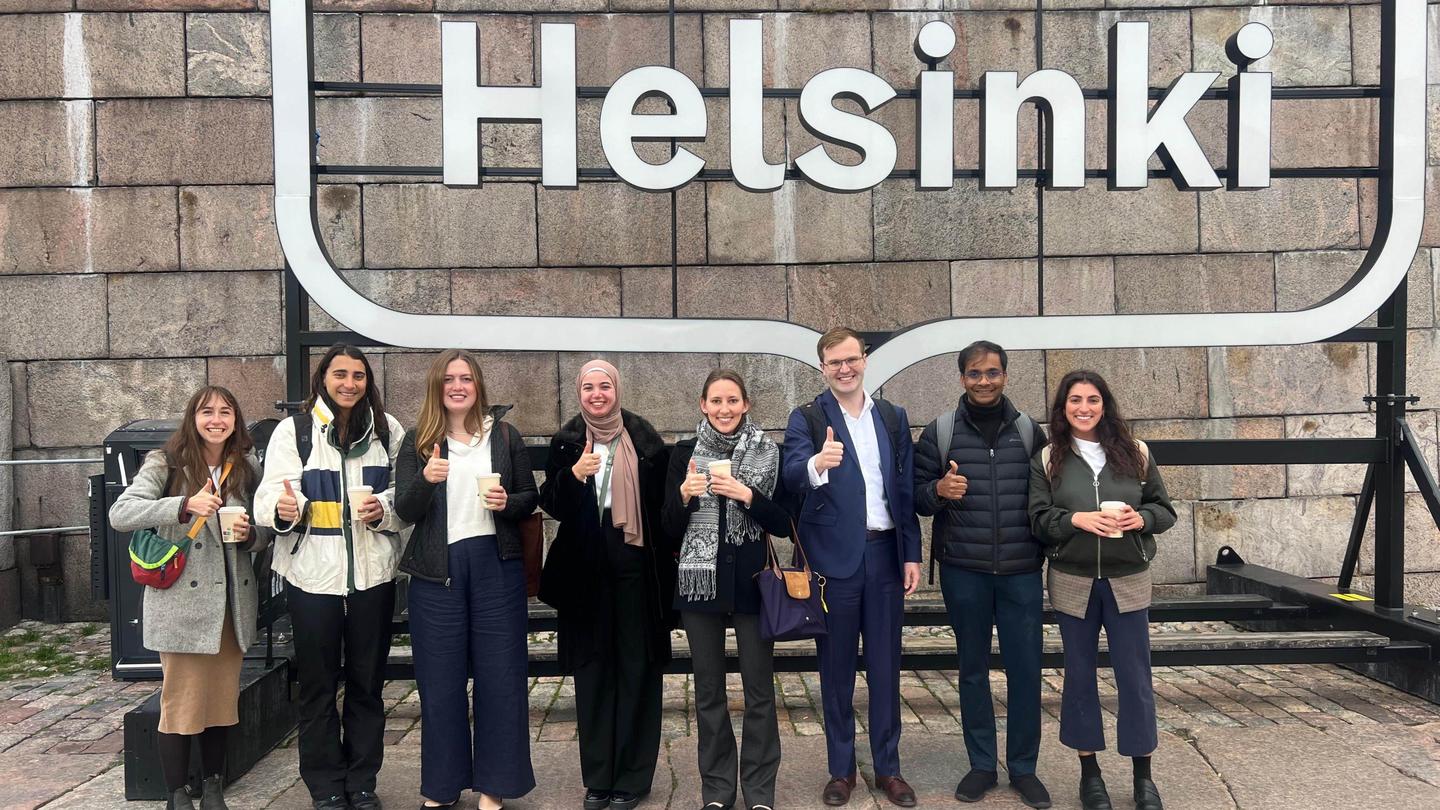
As midterm exams concluded and fall break officially began, Tigers across campus looked forward to the time away to rest, relax, and recharge. However, for a select group of Princeton School of Public and International Affairs MPA students participating in policy workshops, fall break allowed them to travel domestically and internationally to continue their research initiatives.
Students went as far as Tokyo and as close as Puerto Rico to conduct field research and meet with the various clients and partner agencies they’re working with.
“For MPA students, the policy workshop experience is the pinnacle of their required curriculum,” said Karen McGuinness, associate dean for graduate education. “The process began last spring when groups were formed around six important policy topics. For the first half of the fall term, they dug deep into the substance of each in preparation for the research. The opportunity to travel for their field research has a profound effect on the content of their policy analysis and recommendations, and many students report that it is a highlight of their MPA experience.”
Below is a recap of some of these trips, including what the students completed, and how the experience will help them shape their policy recommendations throughout the rest of the semester.
Class: Behavioral Public Policy – Reducing Behavioral Sludge in Finland
Instructor: Varun Gauri
Location: Helsinki, Finland
The Observatory of Public Sector Innovation of the Organisation for Economic Co-operation and Development (OECD) is working with client countries to conduct “sludge audits,” which assess the barriers — including complex forms, stigmatizing language, unnecessary steps, and unexplained waits — that complicate access to key services. Students partnered with government officials in Finland, which is launching a three-year project with the OECD to examine and reduce sludge in its digital services delivery.
“In Finland, the students met with government officials in the Ministry of Finance, the Digital and Population Data Services Agency, the Finnish Behavioral Policy Team, and the Association of Finnish Cities and Municipalities,” Gauri said. “The students also met with OECD staff working on the measurement of trust and satisfaction with public services, human-centered design in policymaking, the mitigation of administrative burdens in regulation, and behavioral public policy. It was an extremely valuable trip. Students came back with an enhanced understanding of behavioral public policy as well as the Finnish context. The student team received high praise from counterparts for their preparedness and the caliber of their work.”
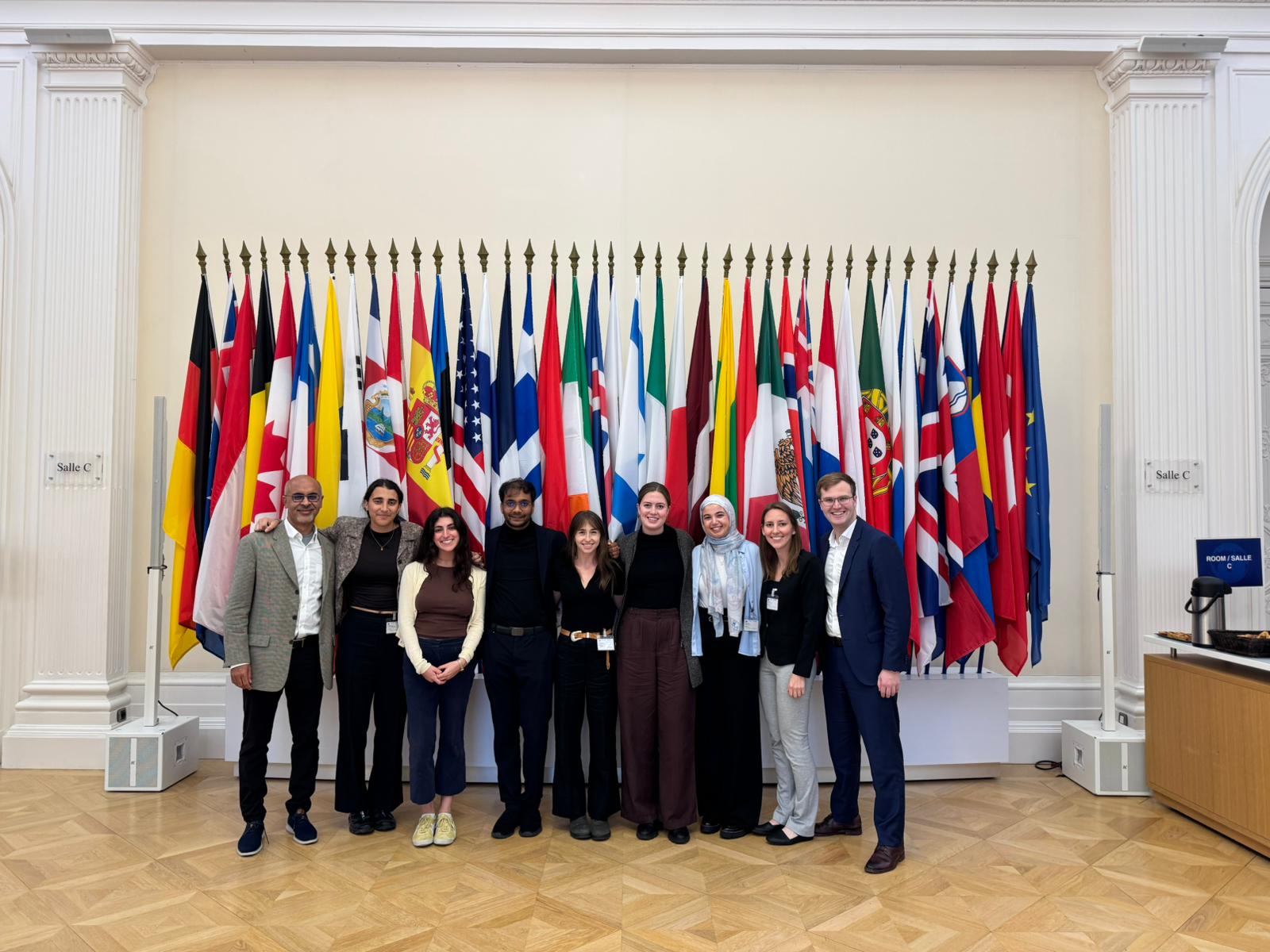
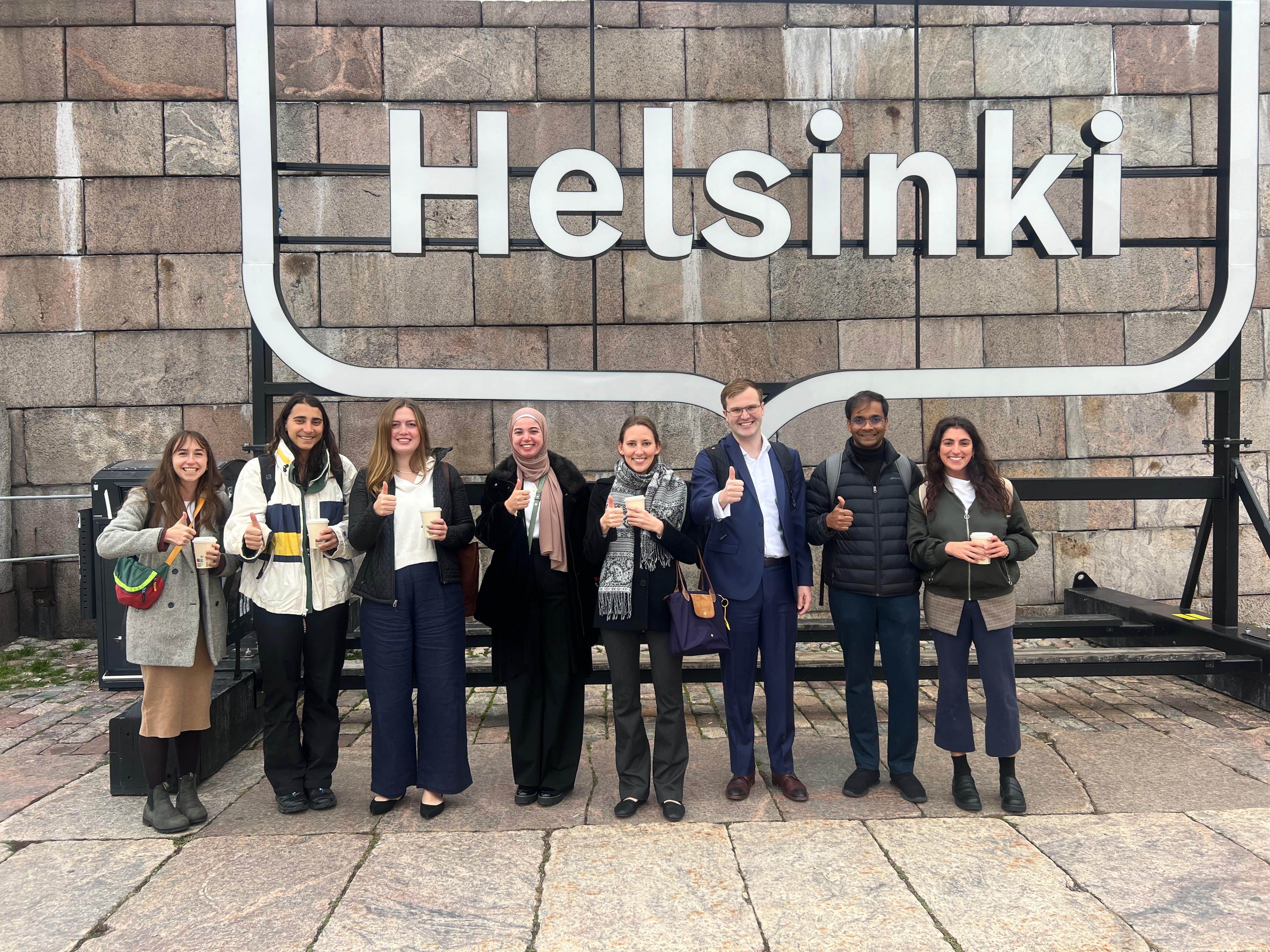
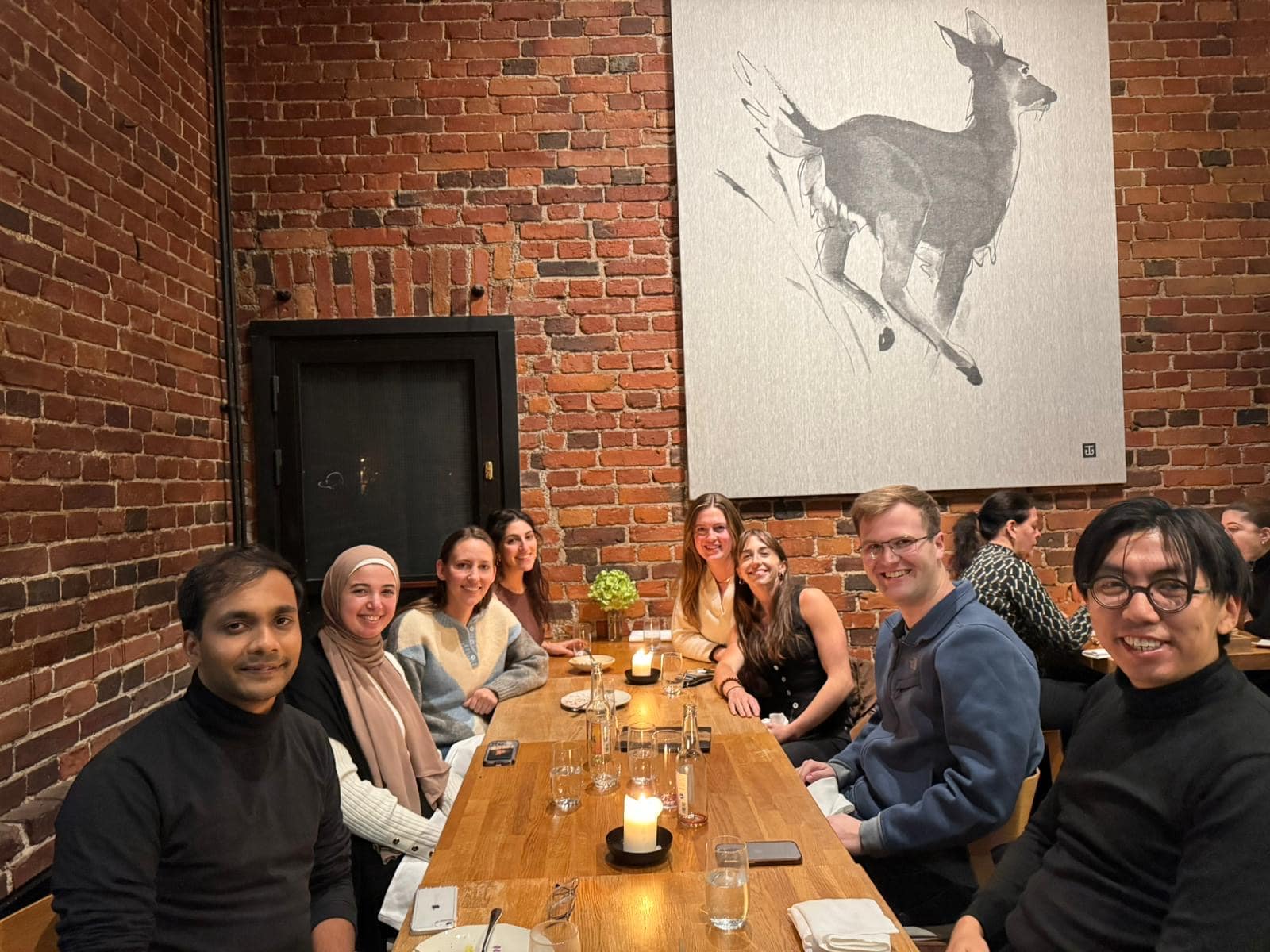

Class: Economic Diversification in Saudi Arabia
Instructor: Nicholas Lotito
Location: Riyadh, Saudi Arabia
Launched in 2016, Saudi Arabia’s Vision 2030 is an unprecedented effort to diversify the kingdom’s economy away from oil dependence. The plan’s far-reaching ambitions, touching virtually every sector of social and economic policy, have serious implications for the country’s continuing role as a major U.S. partner on regional security and global trade. In Riyadh, workshop participants engaged with all levels of the Saudi government, from Minister of Economy and Planning Faisal Alibrahim to young civil servants enrolled in the country’s first Master of Public Policy program. They were also received by U.S. Ambassador Michael Ratney and HRH Prince Faisal bin Salman Al Saud, as well as leading experts on topics such as foreign investment, energy markets, and regional security.
“The students left Riyadh with a new appreciation for Saudi Arabia's monumental ambitions and the opportunities and challenges this transformation presents to America and the world,” Lotito said.
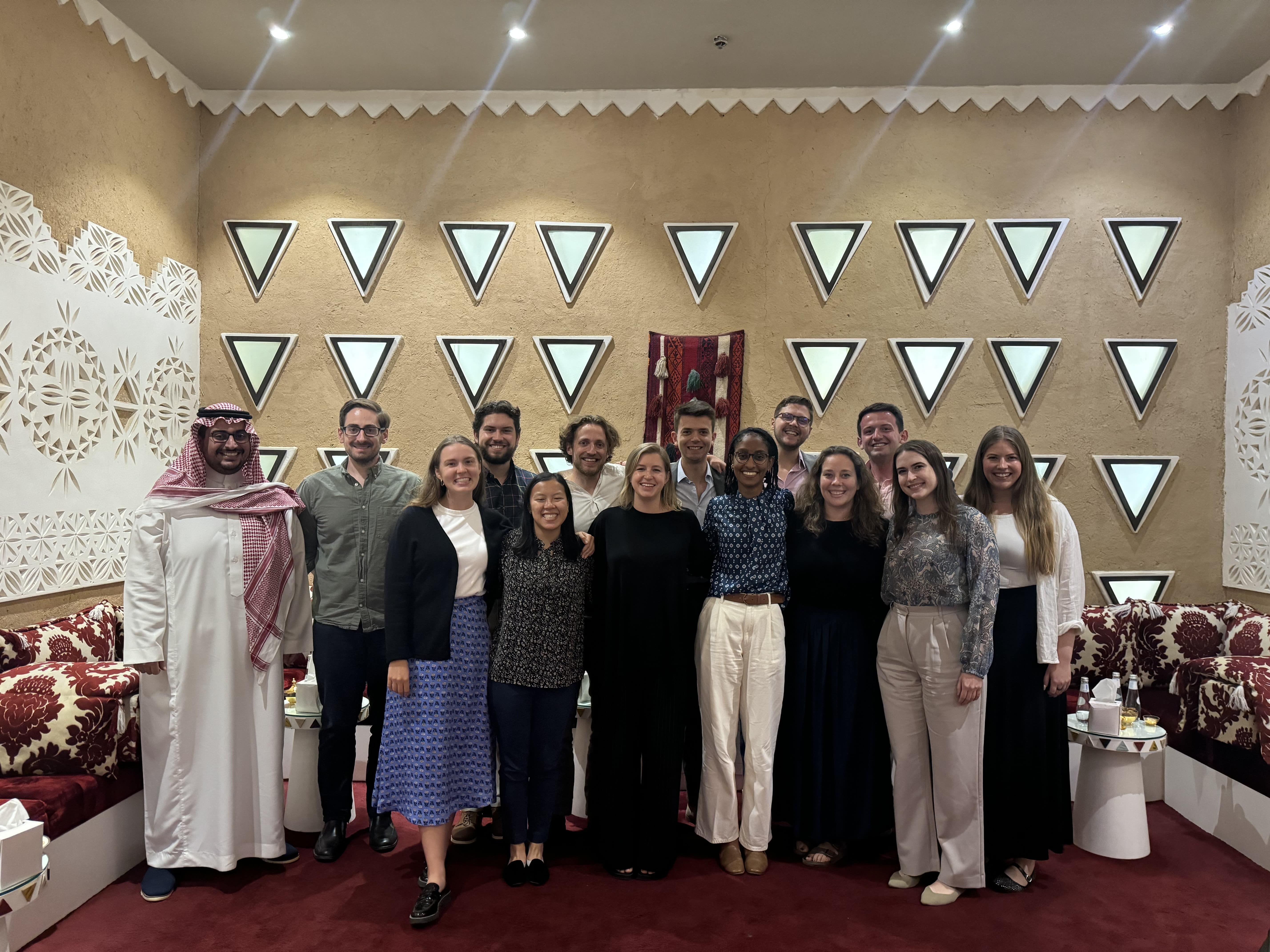
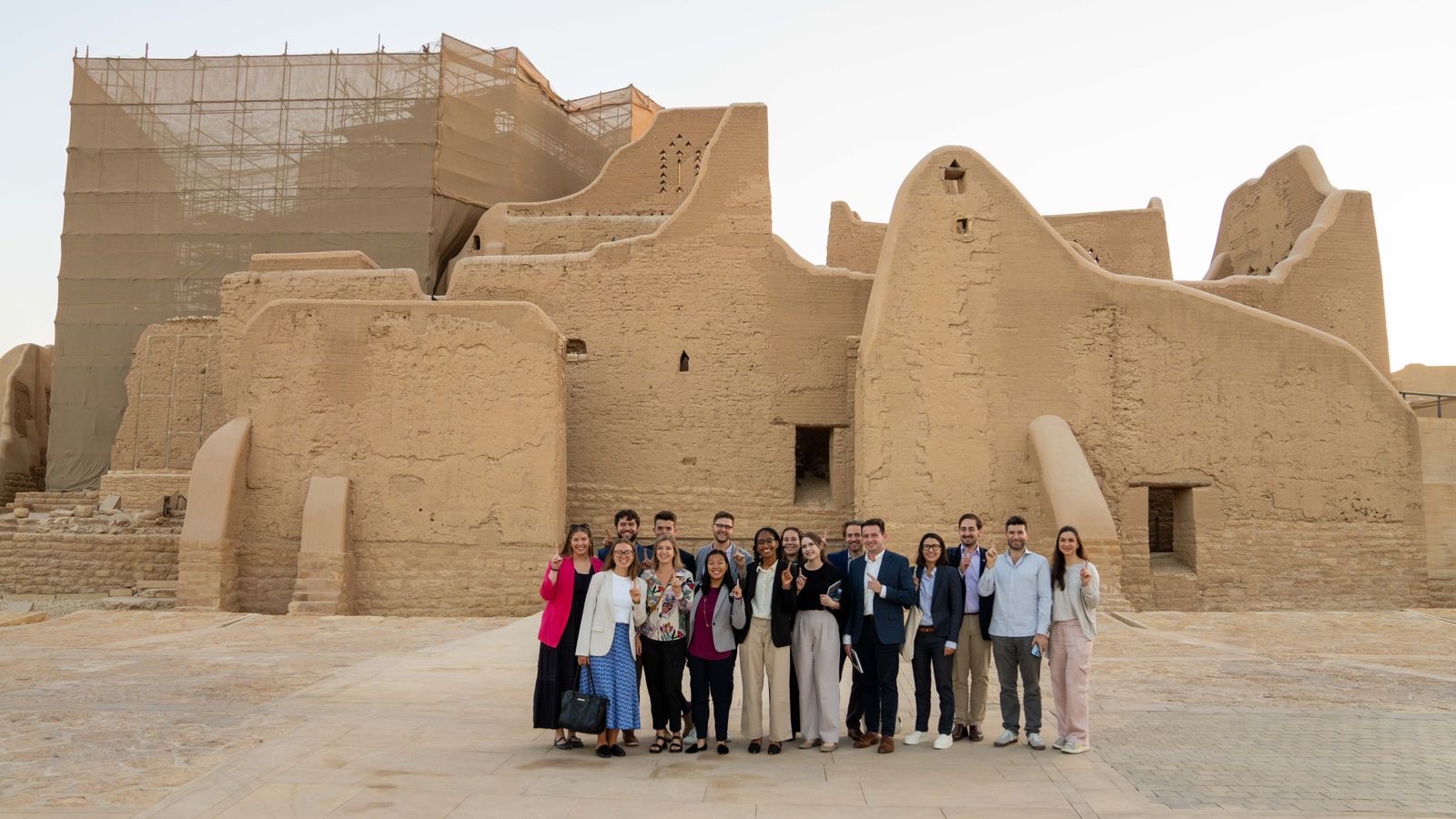
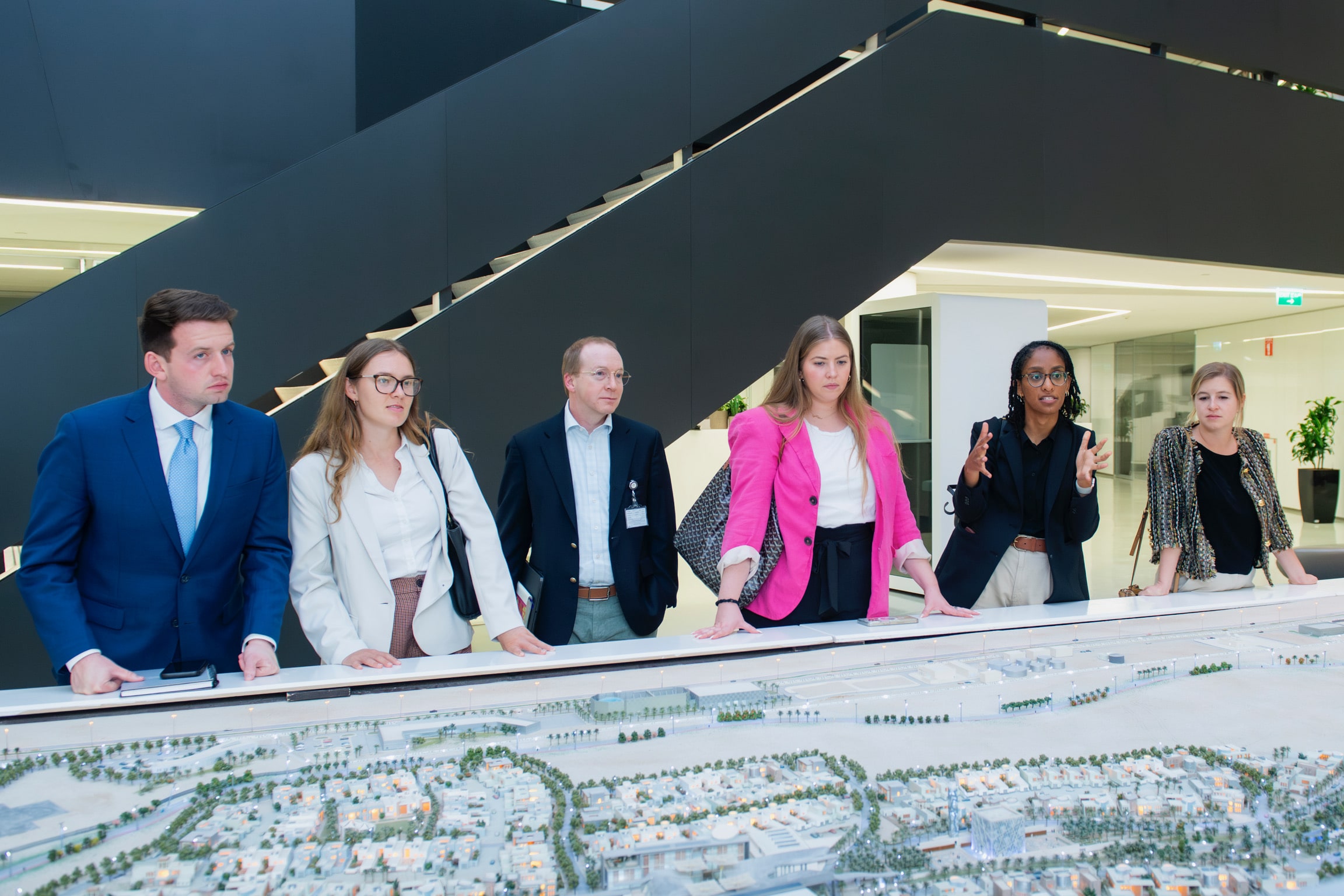
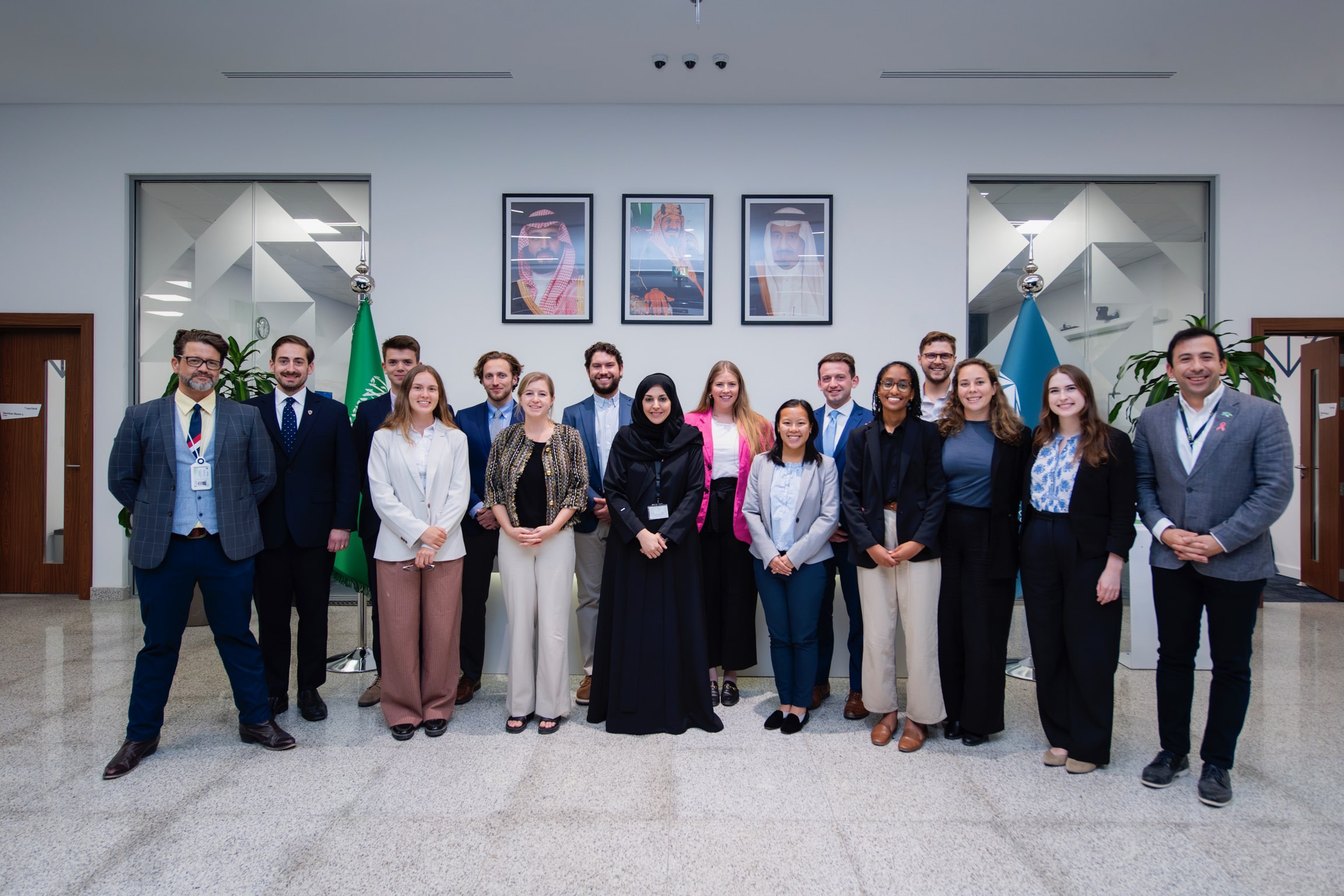
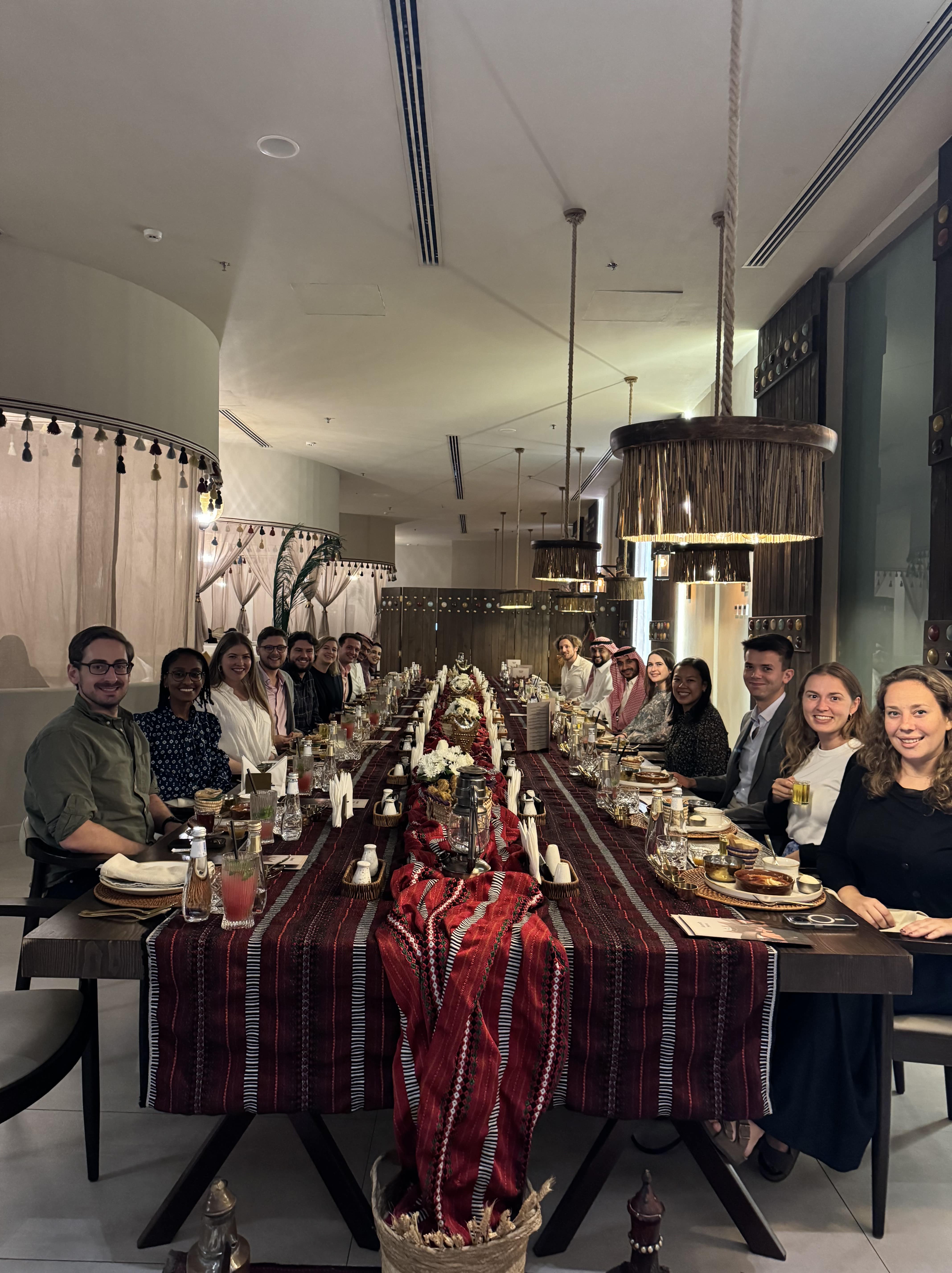
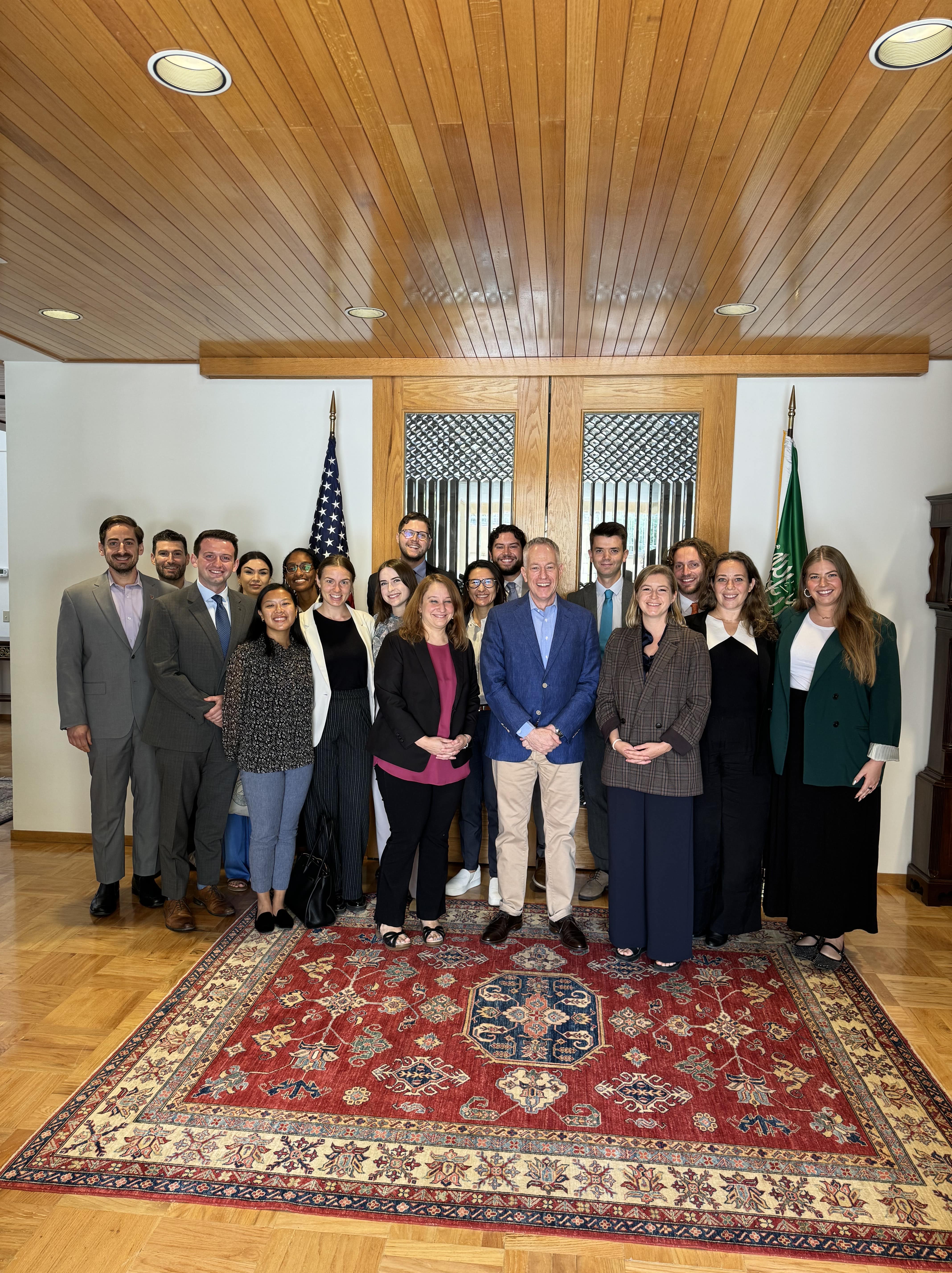

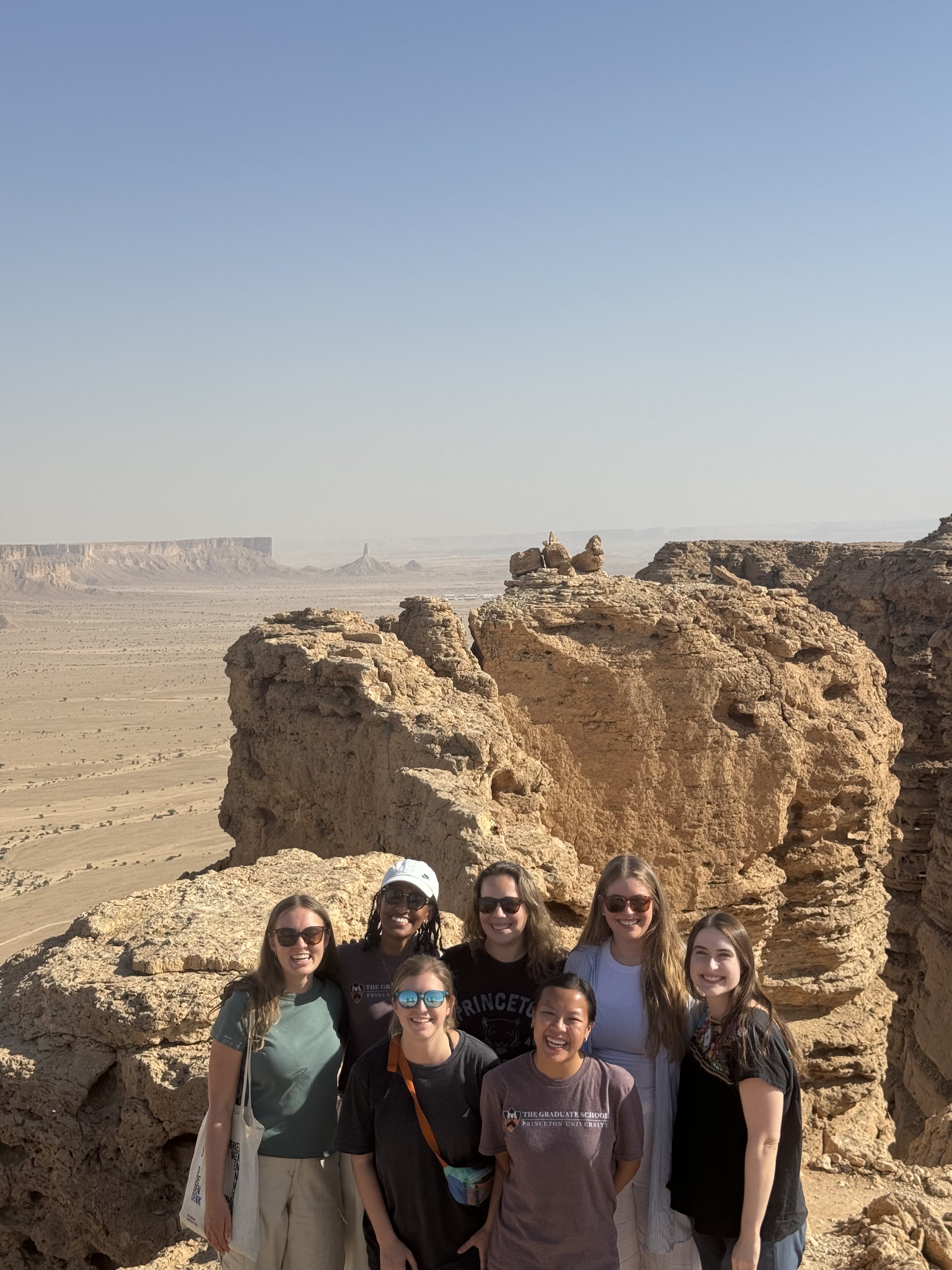
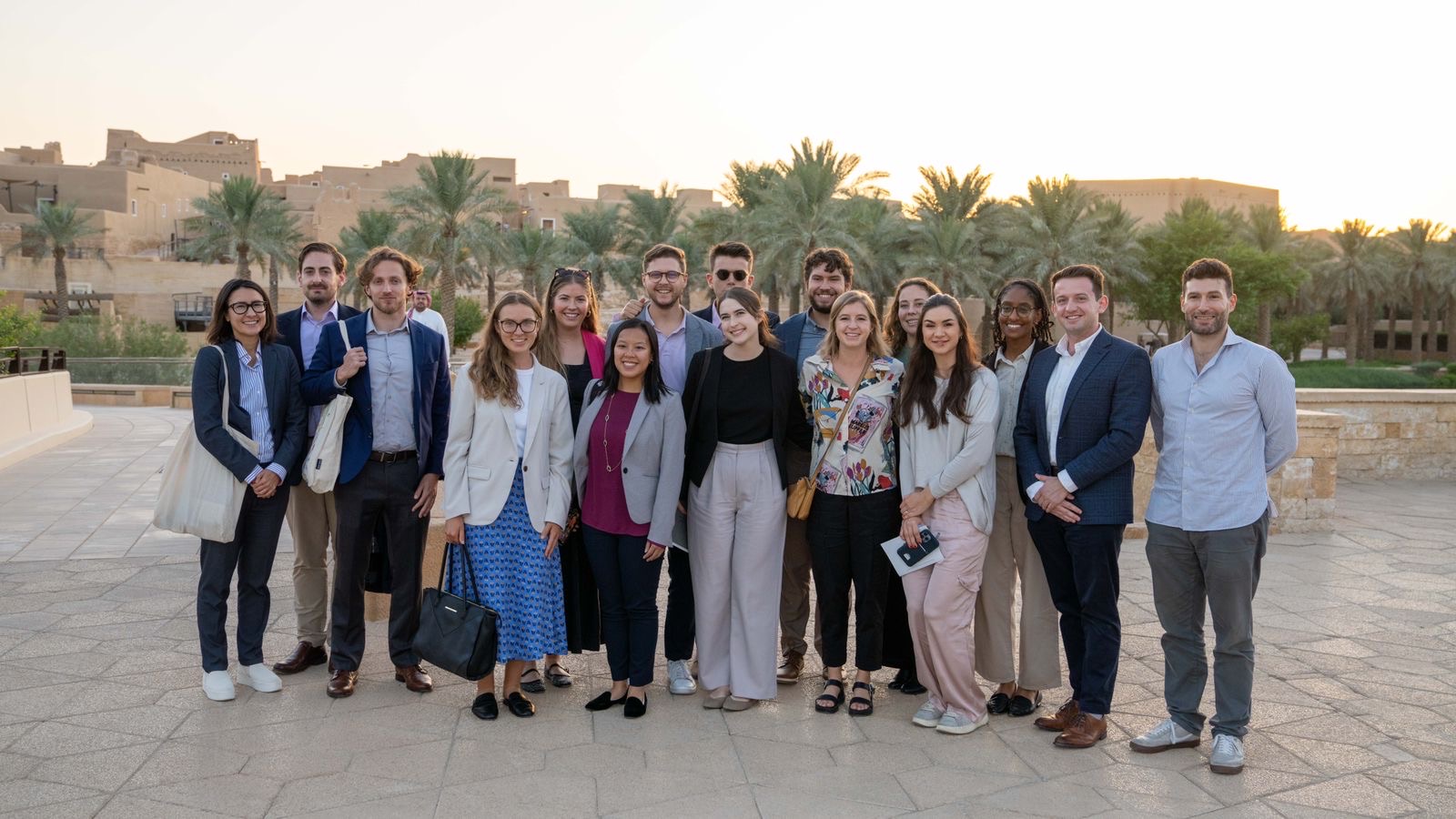
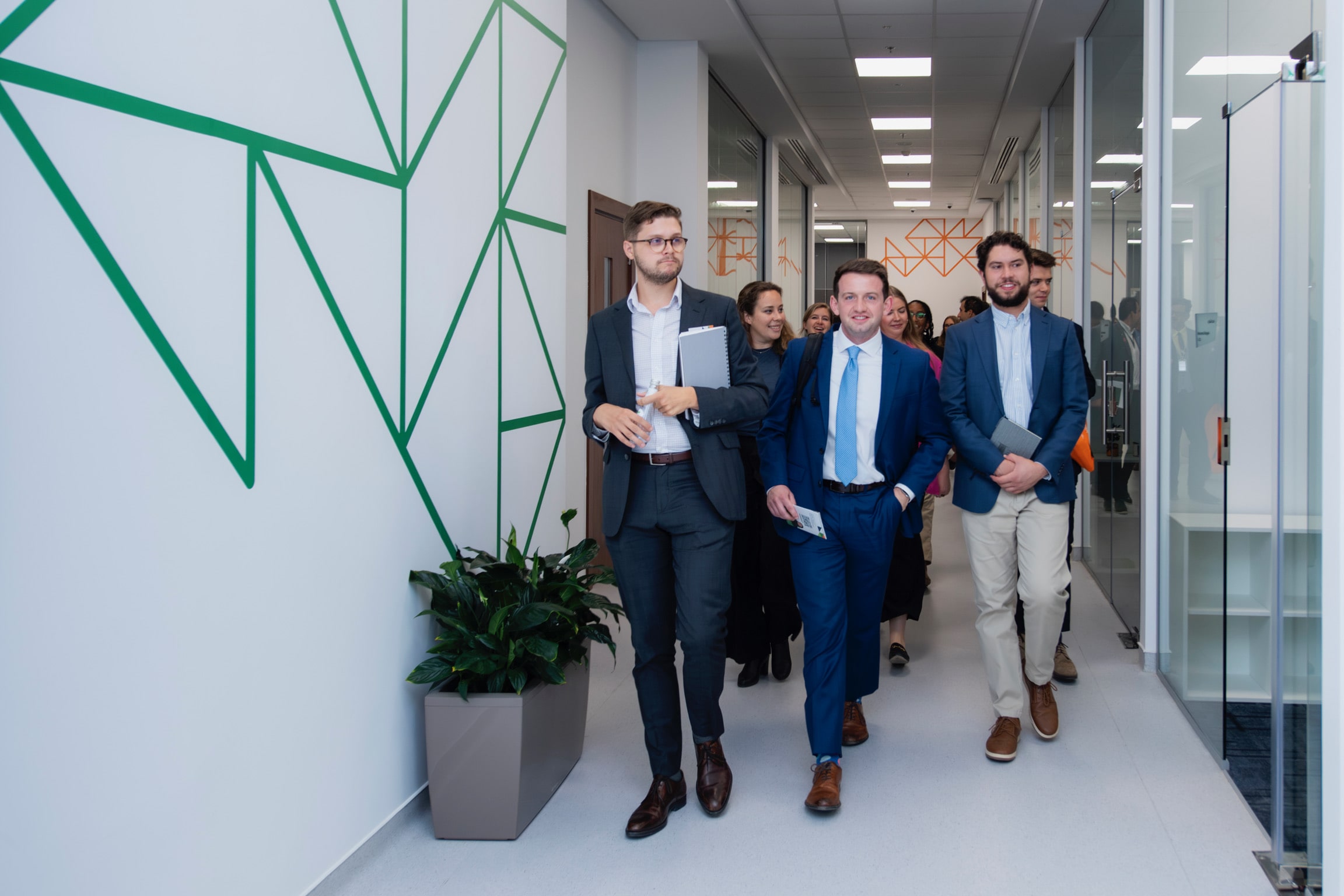
Class: The State of Public Education in Puerto Rico
Instructor: Eduardo Bhatia
Location: San Juan, Puerto Rico
With the intent of rejuvenating Puerto Rico's education system, U.S. Secretary of Education Miguel Cardona unveiled a comprehensive plan in May 2023 to decentralize the territory’s education department. The initiative, supported by Governor Pedro Pierluisi, seeks to tackle the systemic issues afflicting the Puerto Rico's education system and foster a more adaptive, efficient, and fair educational landscape conducive to the success of every student. Students in this workshop engaged with key stakeholders, gathered insights, and explored potential courses of action to address the problems facing the decentralization plan.
“The conditions of Puerto Rico's public schools are beyond critical—it’s a human rights issue,” Bhatia said. “During their visit to San Juan, our MPA students met with principals, policymakers, and other stakeholders, transforming abstract ideas into real, urgent public policy challenges.”
Class: Building International Strategies on China Security and Tech Issues
Instructor: Teddy Nemeroff
Location: Tokyo, Japan
Geopolitical competition with China has emerged as one of the most significant security issues of the 21st century. Emerging technologies, like AI, semiconductors, biotechnology, quantum computing, and green tech, are at the heart of this competition, given their use in cutting-edge military technologies and consumer applications. In a major shift, the United States in 2022 declared it aims to maintain “as large a lead as possible” over China, rather than a relative lead. The United States will only be able to achieve this goal through sustained policy efforts at home, unprecedented cooperation with like-minded countries, and concerted engagement with nonaligned countries globally. Students in this policy workshop are developing recommendations for the United States’ international strategy on China-related security and technology policy issues.
"Having spent the first half of the semester speaking with American policymakers, academics, and tech industry officials about the U.S. approach to tech competition with the PRC, the team's trip to Japan was an opportunity to hear from a key ally in this effort,” Nemeroff said. “By hearing from Japanese experts in person about how their country is approaching cooperation with the United States on technology and security issues, the students gained a deeper sense of areas of alignment, points of friction, and opportunities to cooperate. The experience will inform the group's recommendations for how the United States can strengthen its partnership with key partners to maintain a technology lead over the PRC and to advance an affirmative agenda for a global tech ecosystem."
